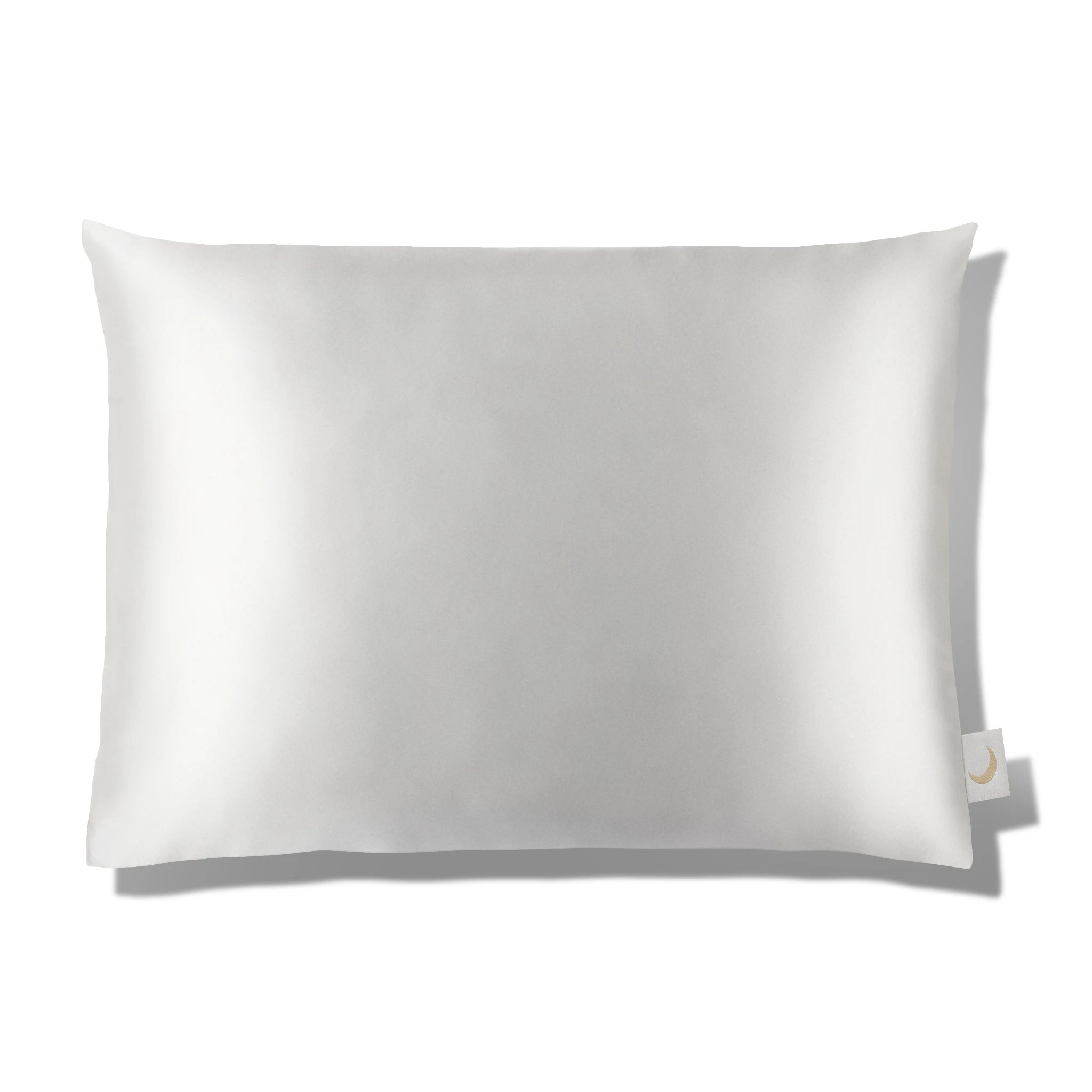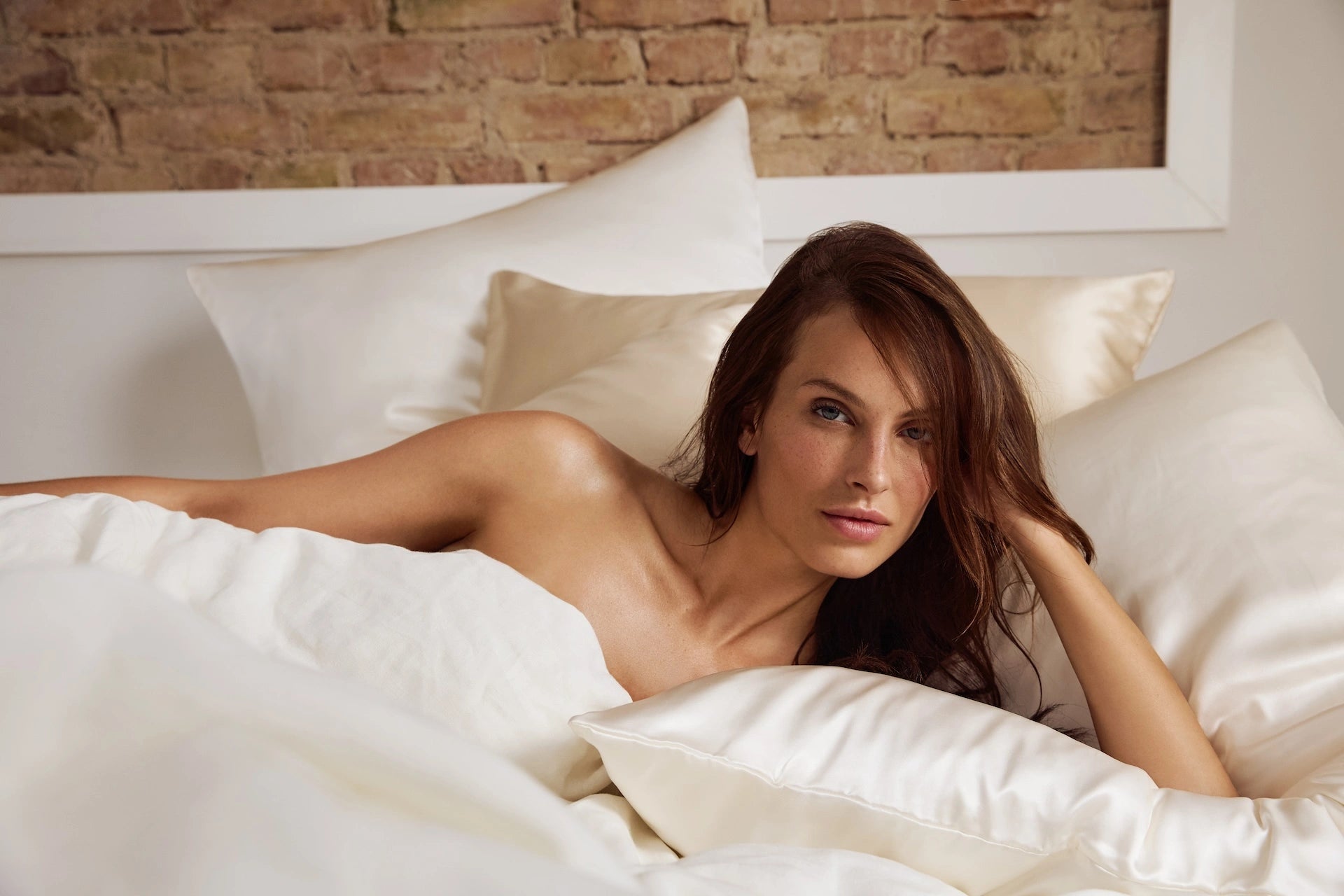The Timeless Mystery of the Moon and Sleep
For centuries, people have linked the full moon to sleepless nights, vivid dreams, and restless energy. From folklore to modern science, the moon’s glow has carried both myth and mystery. But does the full moon really affect your sleep — or is it all in our heads?

Does a Full Moon Affect Sleep? What Science Says
Modern research offers intriguing clues. A Swiss study published in Current Biology found that during a full moon, participants:
-
Took an average of 5 minutes longer to fall asleep
-
Slept 20 minutes less overall
-
Experienced up to 30% less deep sleep
Interestingly, these effects occurred even in controlled, dark environments — suggesting the moon’s influence may go beyond simple brightness. Some scientists believe lunar cycles could subtly affect our circadian rhythm, the internal clock that guides when we feel awake or tired.
Myths and Beliefs About the Full Moon
The moon has always fascinated humans, and across cultures, it has carried powerful symbolism. In ancient Rome, the word lunaticus (root of “lunatic”) reflected the belief that the moon could alter behavior and emotions. In Ayurveda and Chinese medicine, the full moon is said to amplify energy, sometimes leading to restlessness.
Even today, many report feeling “wired” or having more vivid dreams during full moon nights. While science can’t fully explain these claims, the connection between expectation and experience is strong: believing that the moon will disturb sleep may itself create lighter rest.
Why the Moon Might Influence Sleep
Scientists are exploring several possible explanations:
-
Light exposure: A bright full moon can suppress melatonin, the hormone that signals sleep.
-
Evolutionary factors: Some researchers suggest our ancestors stayed more alert during full moons, when nights were brighter and predators more visible.
-
Social rhythms: Historically, communities used moonlight for gatherings, which may have linked full moons with later bedtimes.
How to Sleep Better During a Full Moon
Even if the moon does impact your sleep, small changes can make a big difference:
-
Block the light: Use blackout curtains or a soft silk eye mask.
-
Calm your mind: Slow breathing, meditation, or journaling can help release tension.
-
Stick to routine: Going to bed at the same time trains your body to resist external disruptions.
-
Limit screens: Blue light from devices can compound the problem, delaying melatonin release.
-
Cool the room: A slightly cooler environment helps deepen sleep, especially if you feel more restless during bright nights.
Final Thoughts
The full moon may hold some sway over our sleep, but it doesn’t have to disrupt your nights. By creating a calming environment, respecting your natural rhythms, and supporting your body with healthy bedtime habits, you can rest deeply — no matter what phase the moon is in.




















